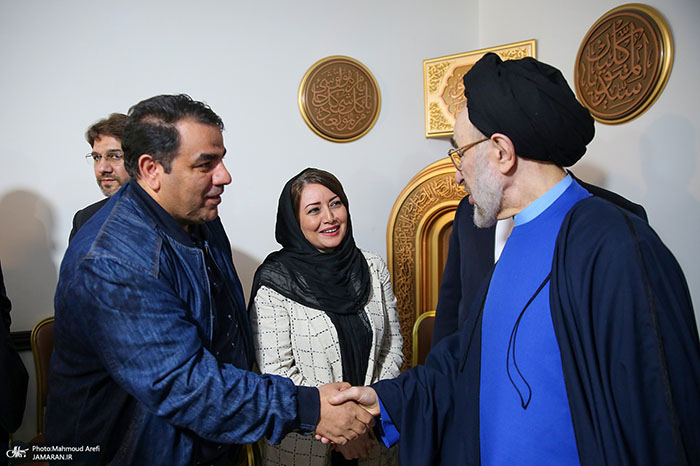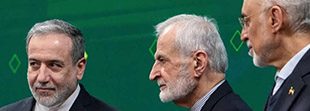The result marked a sobering moment for reformists—and for Khatami himself. The electoral disillusionment signified a deeper alienation of the public from both the reformist and conservative camps, indicating the growing strength of apolitical or anti-establishment sentiment in Iran.
A Reflection on the Nowruz Ceremony
Amid this long and often painful journey, the Nowruz ceremony in 1404 offered something rare: space for dignity, reconciliation, and reflection. For many attendees, this was not just a spring ritual—it was a political rite of passage. A moment to remember a chapter of Iranian politics that offered hope, however fleeting.
Khatami’s speech was both gentle and firm. “The greatness of a nation,” he said, “lies not in its ability to dominate others but in its capacity to listen to itself, to heal itself, and to choose dignity over anger.” His words echoed through the hall like poetry—perhaps more influential now as wisdom than policy.
He warned against “eliminationist thinking” and urged political factions to abandon the zero-sum mentality that had fueled decades of division. “We cannot build a future,” he said, “by denying each other. The republic must belong to all Iranians.”

